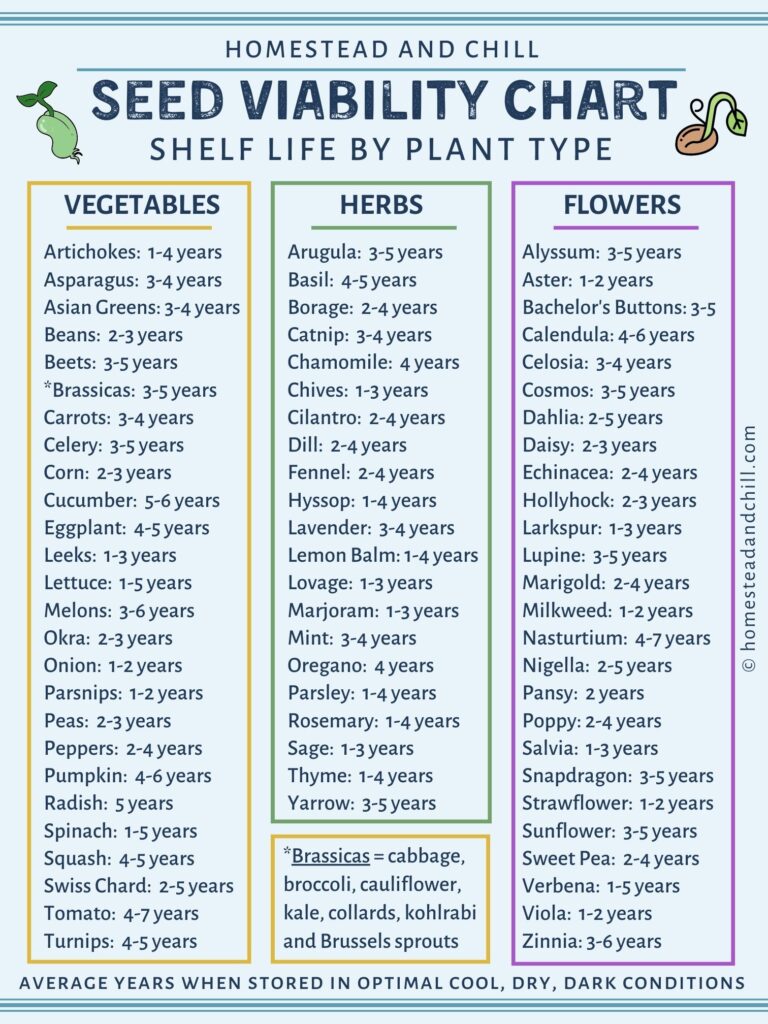Sunflower seeds are a beloved snack, packed with nutrients and satisfying crunch. But how long can you enjoy these tasty treats before they lose their appeal? While sunflower seeds don’t technically “expire,” their quality and flavor can diminish over time. Understanding how to store them properly and recognizing signs of staleness will help you make the most of your sunflower seed stash.
This article will delve into the shelf life of sunflower seeds, exploring the differences between unopened and opened packages, optimal storage practices, and the safety of consuming slightly stale seeds. By the end, you’ll have a clear understanding of how to keep your sunflower seeds fresh and delicious for as long as possible.
Sunflower Seed Shelf Life
How long are sunflower seeds good for? Generally, unopened sunflower seeds can remain good for 6-12 months. This timeframe assumes proper storage conditions – cool, dry, and away from direct sunlight or moisture. Opened packages, however, have a shorter shelf life of 3-4 months. Once exposed to air, the seeds are more susceptible to oxidation and moisture absorption, which can lead to staleness faster.
It’s important to note that these are general guidelines. The actual shelf life of your sunflower seeds may vary depending on factors like the brand, processing methods, and initial storage conditions. Always check the “best by” or “use by” date printed on the package for more specific information.
Unopened vs Opened Packages
Can sunflower seeds expire? While sunflower seeds don’t technically expire, their quality degrades over time. Unopened packages offer better protection against air and moisture, preserving freshness for a longer duration. Once opened, however, the seeds are exposed to these elements, accelerating the staleness process.
Think of it like this: an unopened package is like a sealed container protecting the seeds inside. When you open the package, you’re essentially removing that protective barrier. This doesn’t mean opened sunflower seeds are immediately bad, but they require more attention and quicker consumption to maintain optimal flavor and crunch.
Storage Tips for Freshness
Do sunflower seeds go bad? Proper storage is crucial for maximizing the shelf life of your sunflower seeds. Here are some tips to keep them fresh:
- Cool and Dry: Store sunflower seeds in a cool, dry place away from direct sunlight and heat sources. A pantry or cupboard is ideal. Avoid storing them in humid areas like bathrooms or basements.
- Airtight Container: Transfer opened sunflower seeds to an airtight container to prevent exposure to air and moisture. This helps maintain their crispness and flavor for longer.
- Avoid Freezing: While freezing can extend the shelf life of some foods, it’s not recommended for sunflower seeds. Freezing can cause them to become soggy and lose their texture upon thawing.
Signs of Stale Sunflower Seeds
Can sunflower seeds go bad? Over time, sunflower seeds may exhibit signs of staleness. Here are a few things to look out for:
- Loss of Crunch: Fresh sunflower seeds have a satisfying crunch. If they feel soft or mushy, they’re likely stale.
- Changes in Flavor: Stale sunflower seeds may taste bland, bitter, or rancid.
- Discoloration: While slight color variations are normal, significant discoloration or mold growth indicates spoilage.
Safety of Consuming Stale Seeds
Can I eat expired sunflower seeds? While slightly stale sunflower seeds are generally safe to eat, their quality and flavor have declined. They may not be as enjoyable as fresh seeds. If you notice any signs of mold or a strong unpleasant odor, it’s best to discard the seeds.
Conclusion
Sunflower seeds offer a nutritious and delicious snack option. Understanding their shelf life and proper storage practices will help you enjoy them at their peak freshness. Remember, unopened packages last longer than opened ones, and storing them in a cool, dry place in an airtight container is key. While slightly stale sunflower seeds are usually safe to eat, they may not be as flavorful or crunchy. Always trust your senses – if the seeds look, smell, or taste off, it’s best to err on the side of caution and discard them.



